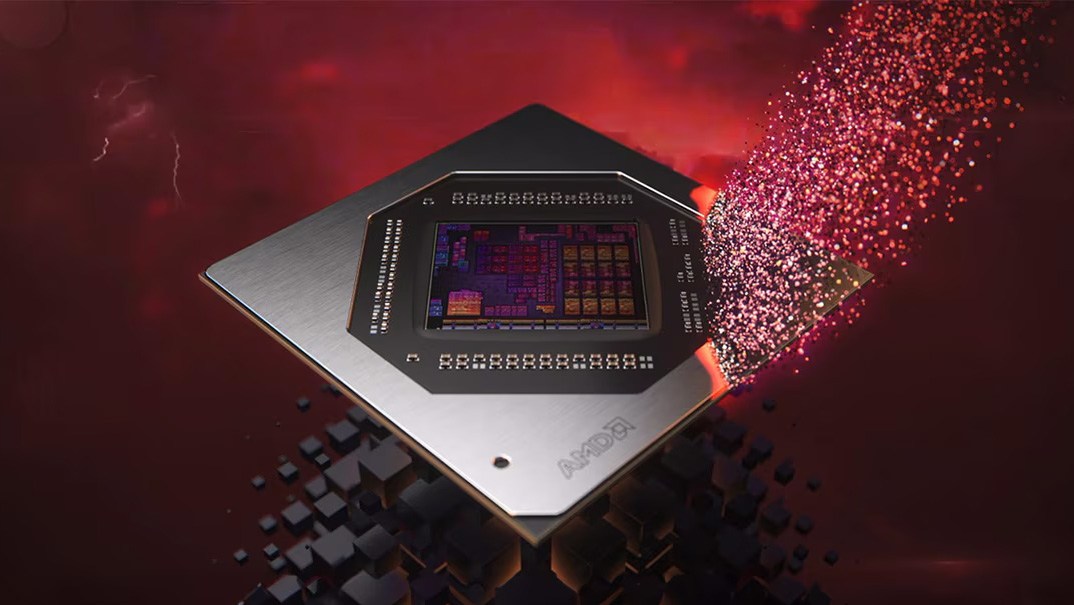
According to Jon Peddie Research, third-quarter graphics processing unit shipments were up both year over year and quarter over quarter. However, sales of integrated GPUs were up both QoQ and YoY as the processor market was up, whereas supplies of discrete GPUs were down as AMD and Nvidia were preparing new offerings.
According to JPR, the market shipped 73.6 million iGPUs and dGPUs during the quarter. GPU shipments grew 3.4% compared to the previous quarter and 2.4% year-over-year. Notebook GPUs saw a significant 5.9% increase, while desktop graphics fell 5.6%. The industry also supplied 66.5 million PC CPUs (almost all feature integrated graphics), so shipments of processors rose 12% quarterly and 7.8% year-over-year. AMD outperformed its competitor Intel with a 15% increase in CPU shipments, while Intel experienced a 12% decline, something that Mercury Research reported last month.
On the graphics front, Intel dominated the market with a 65% share, followed by Nvidia with 18% and AMD with 17%. Yet AMD's GPU market share grew by 0.8% compared to the previous quarter, Intel's share increased by 1.1%, and Nvidia's share dropped by 1.9%.
When it comes to discrete GPUs, sales of standalone graphics processors for desktops and laptops totaled 7.1 million units, which is significantly lower than shipments in the third quarters of 2022 and 2023. That decline explains Nvidia's drop in market share.
PC makers and retailers typically buy discrete graphics cards and processors in the third quarter to prep for the holiday season. However, it does not seem that this was the case this year, perhaps because the lifecycles of AMD's Radeon RX 7000 and Nvidia's GeForce RTX 40-series are nearing their end, and people who would like to buy one of these graphics cards have probably done so by now. Furthermore, now that the next generation of AMD's Radeon RX 8000 and Nvidia GeForce RTX 50-series are nearing, it is unlikely that many people would like to get a current generation product.
"A surge led to the jump in overall GPU and CPU shipments in Q3," said Dr. Jon Peddie, president of Jon Peddie Research. "AMD and Intel released new CPUs, and there was some pent-up demand for them. However, looking forward, we think that if the proposed tariffs are imposed, the PC market will suffer a recession due to increased prices and unmatched increases in income."







